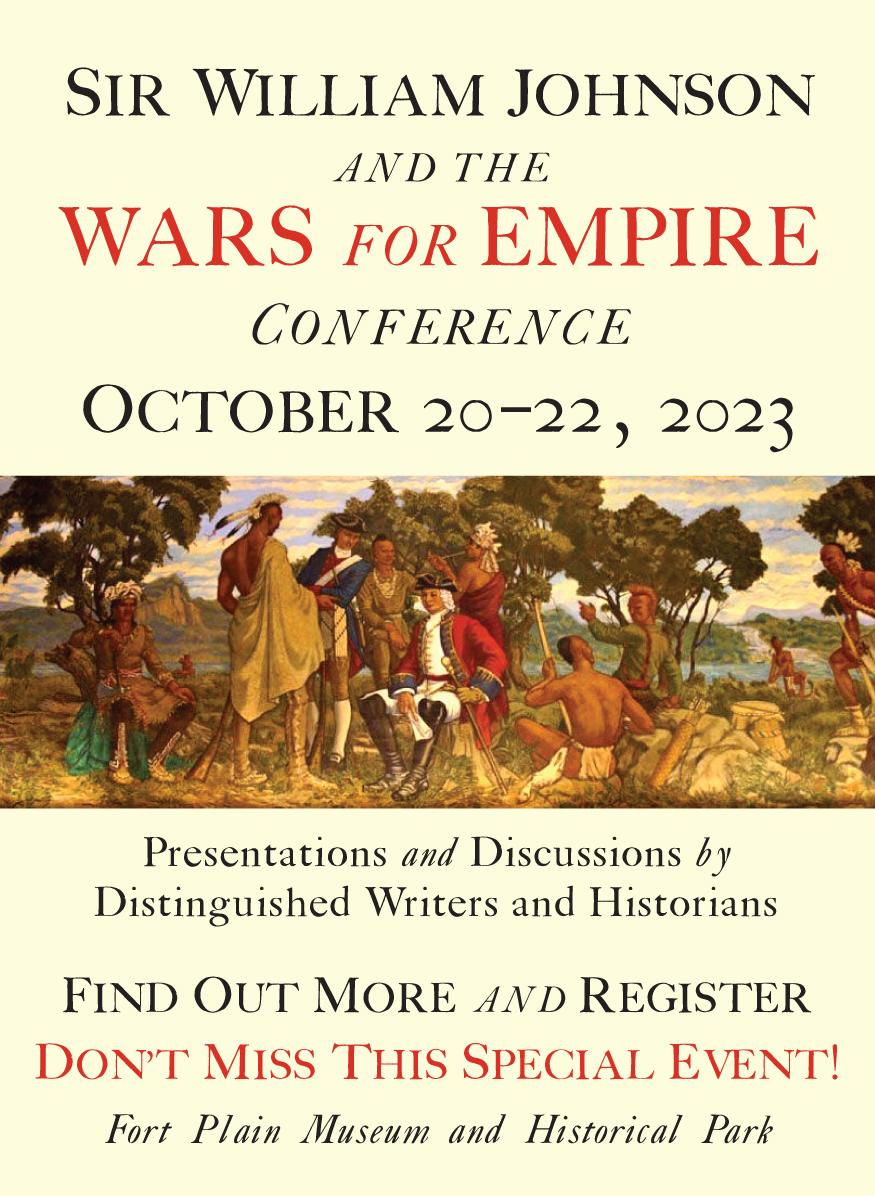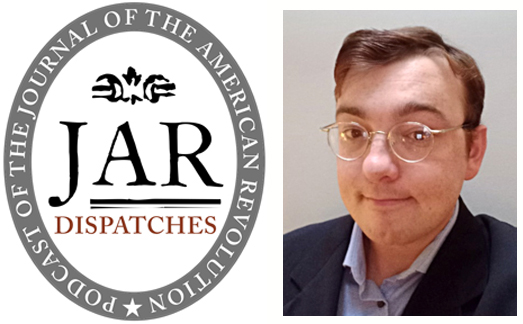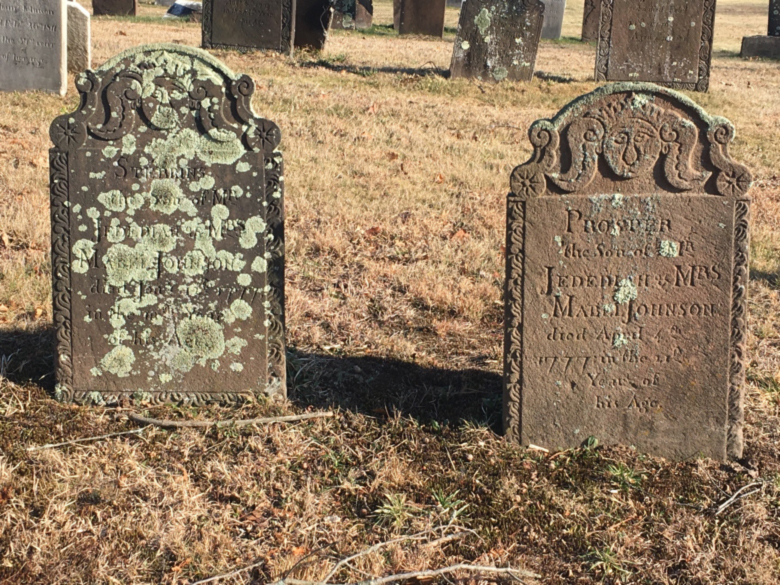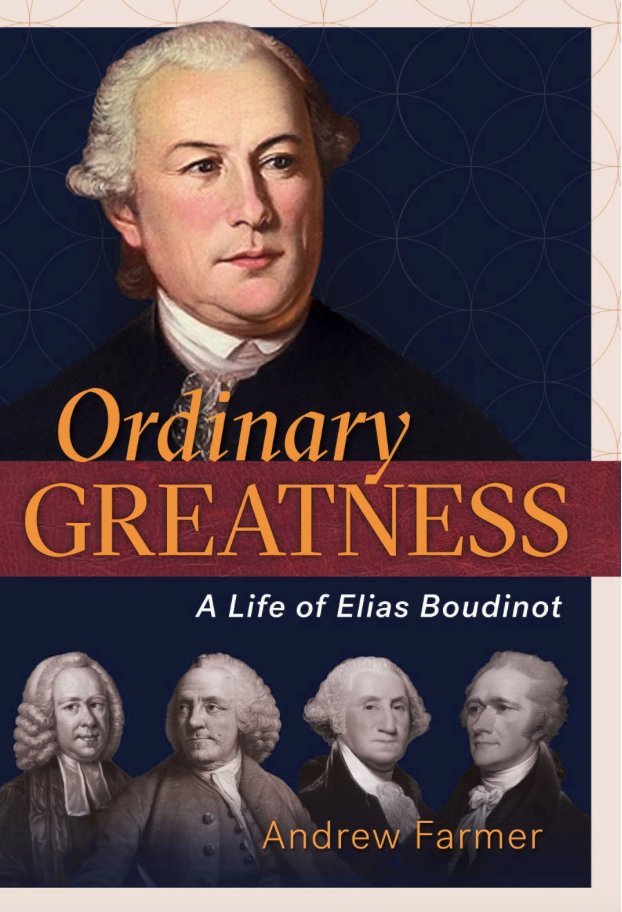This month we asked our contributors:
If George Washington had not run for President in 1789, who would you like to have had as a candidate (regardless of whether they were eligible based on the rules of time)?
Michael J. F. Sheehan
Dr. Benjamin Franklin, aside from Washington, was the only person in America who had both the celebrity and respect of the people enough to have any success as the first president. Though a skilled diplomat and inventor, Dr. Franklin knew enough of the workings of government, aside from being present at the Constitutional Convention, to make things run efficiently. Perhaps most importantly, his fame, and his age, might have toned down some of the heated debates sure to arise from a new, experimental government and allowed him to smooth them over. Even internationally, there was enough respect for him that relations with other sovereign powers might have been successful, if for a time.
Bevis Longstreth
I would have nominated Alexander Hamilton. He was the closest adviser to Washington, the one on whose judgment Washington relied the most. His leadership in getting the Congress to assume the diverse war debts of the states was the most important decision in forming a nation (instead of a stew of squabbling states), and he was the only one with the wit, drive and leadership skill to make it happen (and then by just a whisker). It was going to take more than a large bellows to forge the thirteen states into a nation. It called for leadership and sound judgment rooted in the ability to imagine a nation and the central powers necessary to sustain it. Hamilton was that leader.
Robert S. Davis
John Hancock wanted the job and he would have made a good president. Considering all that he had done for the Revolution and from the beginning, he as president would have been appropriate.
Stephen John Katzberg
If Washington had not been available, I feel the second best choice would have been James Madison. Madison had the major role in the concept of the Constitution and was more practical than Thomas Jefferson. Washington was called upon to handle the trial voyage of the United States as a nation and was gentleman enough and soldier enough to properly handle the Whiskey Rebellion and the normalization of our affairs with Britain. Jefferson was too idealistic for the job, so Madison is my choice.
Joseph Lee Boyle
Elias Boudinot. He was active from the start of the American Revolution. He served well in one of the thankless though vital positions, that of Commissary General of Prisoners. He was in the Continental Congress several times and served a term as president. He pushed for the rights of American Indians and Blacks, and was involved in several philanthropic endeavors.
Geoff Smock
The best public figure of that time period not to have served as president—who would have been a really good president—was John Marshall. A sharp mind, a tranquil temperament, a keen sense of humor, and an affection for others made his disposition ideal for high office in the turbulent years of the early republic. As a moderate Federalist leader and diplomat, and through his time on the Supreme Court, his overriding interest was preserving American independence, strengthening national bonds, and promoting national happiness. John Marshall would have been one of America’s greatest presidents.
Eric Wiser
My choice would be James Madison. Like Washington, Madison was a Virginian and therefore his Presidency would have encouraged unity between the Northern and Southern States. Madison’s experience creating the Constitution, and promoting the amendments that comprised the Bill of Rights, made him incredibly qualified to serve as chief executive of the new nation. Despite the mess that became The War of 1812, Madison’s actual presidency was generally regarded as good by historians. A reputable constitutional law professor summed up his genius and influence: Madison “invented and theorized the modern ideal of an expanded, federal constitution that combines local self-government with an overarching national order” and also a “model of liberty-protecting constitutional government.”
Albert Louis Zambone
The best choice would have been John Jay of New York. By 1788 he was a leader of the nationalist cause, as one of the writers of The Federalist; had wide experience of both state and congressional politics; and extensive diplomatic experience. If anything is clear from his career, either before or after 1788, Jay was sober, judicious, and even serene in his temperament. He would have been a splendid executive.
Michael Cecere
As the continental army was commanded by, and our founding documents (the Declaration of Independence and U.S. Constitution) were drafted by Virginians, clearly a Virginian belongs at the head of this business. So if General Washington were not available my choice is Patrick Henry, the Voice of the Revolution. Henry had the necessary stature to serve in the office. He was a leader in the Revolution, served admirably as Virginia’s first governor from 1776-79, and continued in public service in the state legislature and as a strong voice at the Ratification Convention, a fight in which he lost. I think his well-placed concerns about the new federal government, combined with his successful experience as the first chief executive of the largest state in the union, should allay any fears of demagoguery or abuse of power. So my vote goes to Patrick Henry.
Will Monk
Henry Laurens of South Carolina. He had been President of the Continental Congress and was captured and imprisoned by the British, giving him credibility as a Revolutionary leader, and he was wealthy and a Southerner, making it easy for the southern states to support him.
R. Boyd Murphree
John Jay would have made a good president. He was instrumental in the creation of the Constitution. He had substantial diplomatic experience, which would have been an invaluable asset for a first president. He owned slaves, but he worked to end the institution. He had the respect of many of the Founding Fathers, especially George Washington, and although he was a Federalist, his diplomatic experience and moderate personality would have allowed him to work with Anti-Federalists as well.
Gene Procknow
As John Marshall’s political views were similar to those successfully espoused by Washington, he would have been a highly successful first president. Further, Marshall enjoyed Washington’s astute political acumen, unflinching integrity and proven judgment. Even more so than Alexander Hamilton, his election would have bedeviled Thomas Jefferson to no end!
Jeff Dacus
No one could have unified the country like Washington but John Jay was a good alternative. He wouldn’t have been too much of an activist, was honest beyond reproach, and highly intelligent.
Greg Aaron
Benjamin Franklin would have been a most unlikely candidate—he was elderly and died in 1790. But in an alternate history in which Franklin was younger and Washington declined to run, Franklin would have become president in 1789. Franklin possessed some of the same advantages that Washington did—unquestioned credibility, organizational genius, focus, and status abroad. Franklin possessed greater diplomatic skills and imagination, and was possibly the only person other than Washington who could have managed Jefferson, Hamilton, and John Adams. And who would have been a more savvy and formidable campaigner than Ben Franklin?
Adam E. Zielinski
This comes down to a simple answer: no one. It may not satisfy, but there wasn’t a single American, perhaps only Benjamin Franklin, though he was in failing health from old age, who could have carried the trust of the public in one hand and the new federal government in the other. Recall, when Washington was seriously ill with influenza in April 1790, First Lady Abigail Adams wrote that if he were to expire, so too could the new government and Constitution. How lucky we are to have had him at the head of this business.
Charles H. Lagerbom
After considering some possibilities, I think I would go with Daniel Morgan. I am impressed with his judgement and command of his rifle company and later rifle corps during the war. He was chosen unanimously to lead the company. And of course his making a stand at Cowpens and his plan for battle there proved instrumental in bringing about the final phases of the war. He did serve in Congress too and I like that he took part in putting down the Whiskey Rebellion. Absent a Washington, I think Daniel Morgan would have made a good president.
Megan King
Described by John Adams as “the Sam Adams of Philadelphia,” Charles Thomson would likely have made an excellent president. Through this personal relationship with Benjamin Franklin, his professional relationship with the Quaker community, his involvement in Native American affairs, his dedication to the Presbyterian Church, and his connection to the business sector, Thomson was intimately familiar with Pennsylvania politics and colonial affairs more broadly. Moreover, in being selected as secretary of the Continental Congress at a time when he was not even an elected delegate, Thomson’s vigor, intelligence, and work ethic were clearly well-respected by his peers. He may have rattled a few cages along the way, but overall, I believe Thomson’s heart was always in the right place.
Derrick E. Lapp
If Washington had not been available, I think Benjamin Franklin was the only other person in America at the time who could garner a similar level of respect. With the contentious process of ratifying the Constitution spurring the rise of party politics, combined with the intense sectionalism developed under the Articles of Confederation, it would still have taken someone with a Washington-like “gravitas” to hold the new, “more perfect” union together. Franklin gets my vote.
Edna Gabler
John Marshall.
William H. J. Manthorpe
I fear that if Washington had not run in 1789 and subsequently, it would have brought forward the bitter Adams-Jefferson election of 1800 in a divided country that was only held together by Washington’s eminence. In that case, today’s politicians, journalists and voters (those who know their history) would realize that the situation we face today is as it has often been. And we did survive. As a compromise President, I would have favored Alexander Hamilton (thanks for suspending the rules.) He would have been less irritable, feisty and potentially dictatorial (recall alien and sedition acts) than Adams and more practical than the hypocritical (or vacillating in his principles) idealistic Jefferson.
James Kirby Martin
It’s a tossup between Philip Schuyler and John Hancock. Despite his health challenges, Schuyler performed admirably as the Northern Department commander before a short-sighted Continental Congress replaced him with Horatio Gates in August 1777. John Hancock, in turn, showed noteworthy leadership skills as the president of Congress, 1775-1777. Both men were somewhat vain, but both had an abiding commitment to the principles of a republic based on laws, not on the whims of potential tyrants. Arbitrarily, then, and for no particularly compelling reason, my vote will go to Schuyler, apparently—and ironically—in better physical health than Hancock in 1788-89. Then again, . . .
Dayne Rugh
I believe Alexander Hamilton would have been among the strongest candidates to run for President. His experience as a close aid-de-camp to Washington and his experience in navigating the political and economic spheres of the country would have served him well as President. Also having authored a majority of the Federalist Papers, his brilliance on the philosophy of government would make him a compelling choice. His later scandals and history of undiplomatic relationships with those around him is a definite weakness, but he could have made a strong case to be a Federalist candidate.
Stuart Hatfield
Henry Knox. He was someone that Washington trusted, was well-liked, and had the kind of mind that could have navigated the perils of the early republic. If Washington had begged off, then Knox would be a logical choice.
Travis Copeland
If he had not died prematurely in 1786 at age forty-three, I think Nathanael Greene would have been an excellent president. Just as he learned battle tactics from books before applying them on the field, Greene would have been a discerning, direct, and collaborative leader in the executive office. His knowledge of civilian and military life would combine in skill to handle bureaucratic and diplomatic responsibilities, especially foreign relations. He would also have a strong combined knowledge of southern and north colonies, having commanded in both. Greene would have been a constitutional chief executive.
William M. Welsch
War hero or politician? Nathanael Greene was gone. Benjamin Lincoln was a well-respected leader, with experience as Secretary at War. Philip Schuyler was a possibility. But the new president needed to have been a member of the Constitutional Convention, part of the process that developed the document. Hamilton and Madison were too young and too contentious. Franklin was too old. Possibilities include Robert Morris and John Dickinson. But my choice would be Gov. William Livingston of New Jersey, with political, administrative, and military experience, as well as chairing a vital convention committee that reached a compromise on slavery. But he only made it until 1790.
J. Brett Bennett
Henry Laurens. His personal contributions to the American Revolution and commitment to establishing a nation were undeniable as he was imprisoned in the Tower of London for high treason, suffered the destruction of his primary home by British Troops, and lost his son, Lt. Col. John Laurens, in the Battle of Combahee River. As important was the confidence other elected and appointed officials had in him, exemplified by Laurens’ service as a delegate and eventual President of the Continental Congress, Minister to the Netherlands, and Peace Commissioner leading to the Treaty of Paris. Interestingly, despite being an active slave trader and possessor of the wealth that it created, he ceased the trade before 1769, questioning its morality. Could his prominence and credibility regionally, nationally and even internationally have led to abolition sooner?
Gregory J. W. Urwin
John Hancock stands out as one American with the governing experience and nationwide respect required to serve as the young republic’s first President. An avid patriot, Hancock helped lead the radical Whig movement that precipitated the break with Great Britain. As President of the Second Continental Congress, he presided over the debates that resulted in the birth of the independent United States. Hancock’s political experience included presiding over town meetings and legislative bodies in Massachusetts, and he ended the Revolution as the Bay State’s governor. Hancock was also beloved for his philanthropy, helping to support the poor, widows, and orphans.
Benjamin Lee Huggins
I think Benjamin Franklin would have been the best choice, despite his age. He was well known throughout all the states. Abroad, he was the most famous American (along with Washington). He was a firm republican. He had served at the Constitutional Convention. He had extensive legislative, diplomatic, and executive experience. In addition, he was an enlightenment figure—one of the leading philosophical and scientific persons of the age. He could not have taken the field as commander in chief as Washington did, but the young republic had plenty of generals who could have commanded the army in field, if necessary. His wisdom would have been invaluable in the presidency.
Damien Cregeau
My choice is Alexander Hamilton. He was as of 1789 one of Washington’s closest, if not the closest, advisors. His close relationship to Washington as long-time aide-de-camp as well as his battlefield heroics at the Siege of Yorktown made him politically appealing. But most important of all was Hamilton’s political and financial genius. He was the leading advocate for the ratification of the U.S. Constitution. He wrote fifty-one of the eighty-five essays defending the proposed U.S. Constitution that became known as the Federalist Papers. Hamilton strongly advocated a Federal government including a presidency.
Bettina A. Norton
John Hancock.
Jim Piecuch
Thomas Jefferson would have been the best choice if Washington had not been a candidate for president. Hamilton would have been deprived of the influence he wielded under Washington and the bitter years of conflict between the Federalists and Democratic-Republicans might have been avoided. The American economy would also probably look quite different today, given Jefferson’s animosity toward banks and the “stock-jobbers and paper shufflers.”
Don Glickstein
The obvious candidates—Jefferson, Hamilton, Jay, the Adamses, George Clinton, Hancock, Patrick Henry, Charles Thomson, the Morrises—were all flawed because they would have been regional candidates or politically polarizing or both. Charles Carroll, from Maryland, might have been the man as a slave-holding federalist—but his Catholicism was a non-starter. Nathanael Greene could have bridged the gap between North and South, but he had died three years before. Franklin was eighty-three and in poor health. The answer is: No one could have replaced Washington, and the “united” states would have gone their separate ways.














7 Comments
Mostly by default, Thomas Mifflin.
Alexander Hamilton was not born in the US and was thereby constitutionally ineligible.
Alexander Hamilton was a citizen of the United States at the time of the adoption of the constitution. Article II, Section 1states that “No Person except a natural born Citizen or a Citizen of the United States at the time of the Adoption of this Constitution, shall be eligible to the Office of President…” Based on this statement, Alexander Hamilton was eligible.
But he was born in 1757. Not old enough to be president.
Looks like Ben Franklin is the favorite.
I think I would throw a few more possibilities from Virginia out there. Edmund Pendleton, for example, had chaired the Virginia conventions of both 1776 and 1788 that resolved to declare American independence and ratify the Constitution, respectively. He was a Madisonian Federalist in 1788, but like Madison he quickly joined the ranks of Jefferson to oppose the perceived excesses of Hamilton. Other Virginians not mentioned here that I think a similar case could be made for are: Edmund Randolph, George Wythe, and Richard Henry Lee.
Hamilton is one big reason why we are the way we are today.